Be Okinawa
How we sold a destination by telling a love story.
How we sold a destination by telling a love story.
Most tourism campaigns show you the sights. This one showed you what it feels like to be changed by a place.
Tasked with attracting a Western audience to the Japanese island of Okinawa, we needed to do more than raise awareness—we had to create emotional relevance. For travellers unfamiliar with the region, the key challenge wasn’t brand preference, it was mental availability. Okinawa wasn’t on the shortlist. We had to make it matter.
Our approach was to frame Okinawa not just as a destination, but as a catalyst for personal transformation. The campaign followed a Western couple, emotionally distant at the outset, who slowly reconnect through the rhythm of the island, its rituals, and its remarkable calm. Their relationship is the mirror in which we see Okinawa: healing, beautiful, wise.
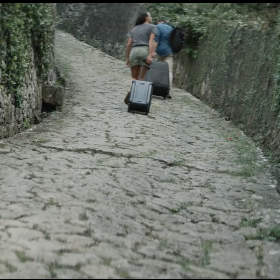
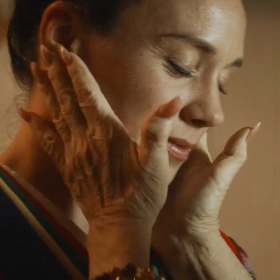
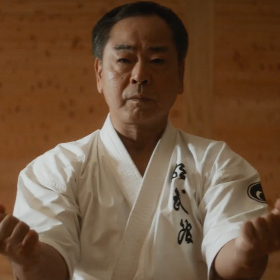
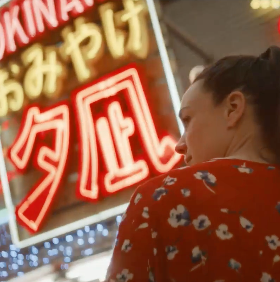
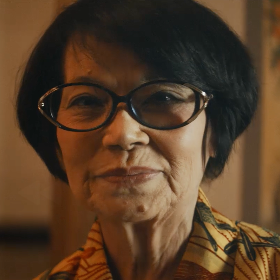
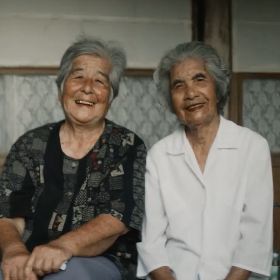
The story unfolds cinematically—at once travelogue and character study. We see the couple explore local markets, dive into coral-lined waters, practice jiu-jitsu, encounter Okinawan elders, and participate in the deeply intentional traditions of Japanese hospitality. We see them shift—from withdrawn to open, distracted to present. As the physical distance between them closes, so too does the emotional space.
At its core, the campaign taps into a powerful behavioural insight: when people approach transitional moments—emotionally or relationally—they become more open to new experiences and re-evaluation. Known in behavioural science as the fresh start effect, this period of openness makes them more receptive to change. Travel, particularly to culturally rich destinations, becomes a prompt for reflection and reconnection. We positioned Okinawa as that kind of place.
We also embedded elements of the EAST framework:
Easy: Visually intuitive and emotionally clear—no need to decode the message.
Attractive: Cinematic storytelling and rich cultural immersion drew attention and desire.
Social: The narrative normalised a new kind of travel—slow, mindful, emotionally resonant.
Timely: Aimed at audiences navigating stress, relationship fatigue, or post-pandemic reevaluation.
Results:
28% increase in search activity for Okinawa among Western travellers
41% lift in destination consideration vs control
Average YouTube watch time exceeded travel category benchmarks by 2.3x
Tourism conversions (bookings) up 17% during campaign window
Why it worked:
We didn’t try to compete on features—beaches, cuisine, climate. Instead, we reframed the category. Okinawa wasn’t just a trip; it was a reset. A place to feel again. A place to remember what matters.
Credits: Creative Director & Copywriter